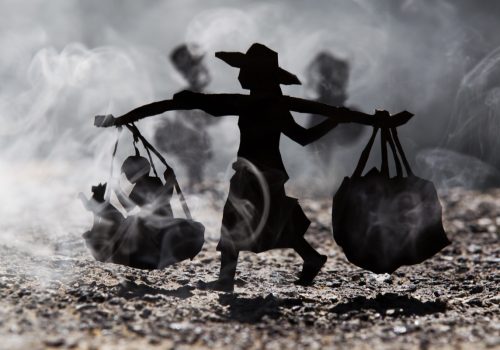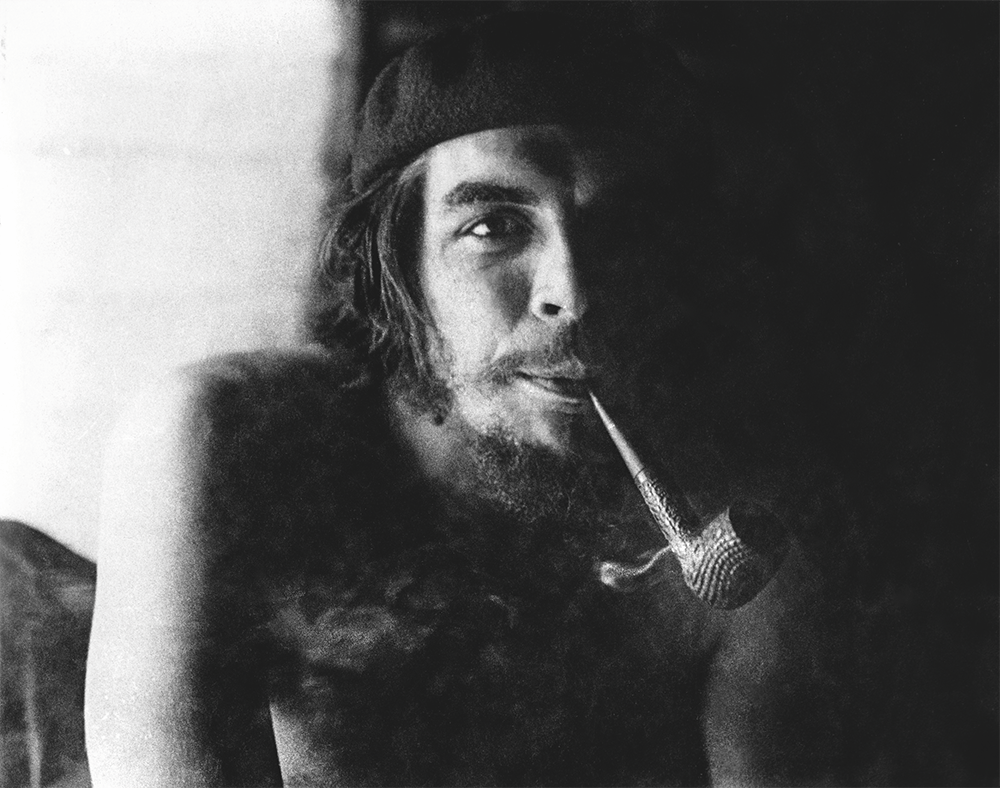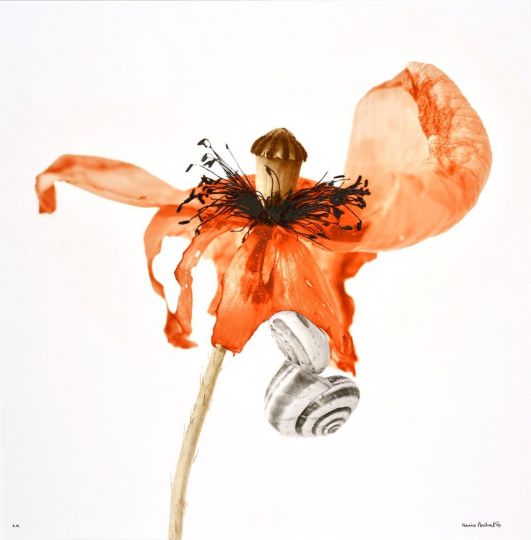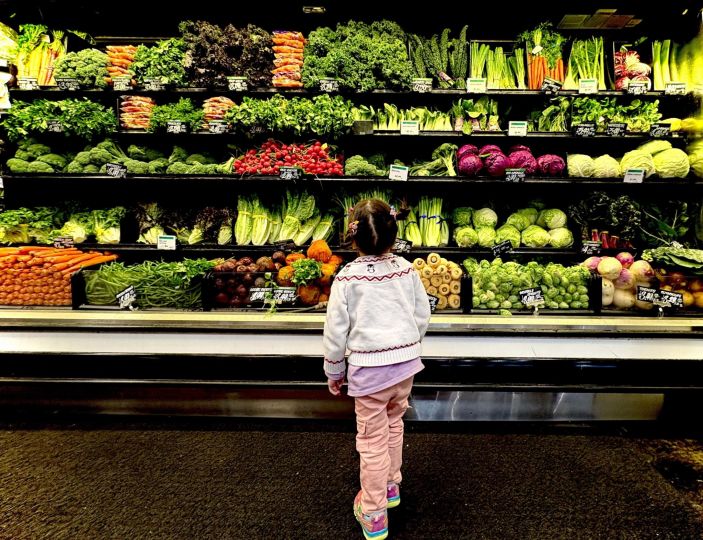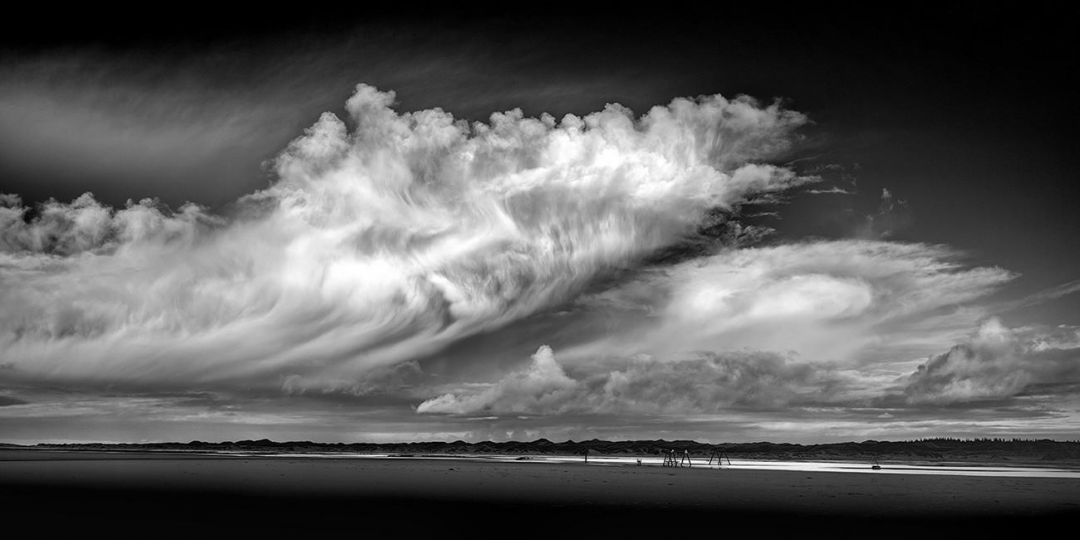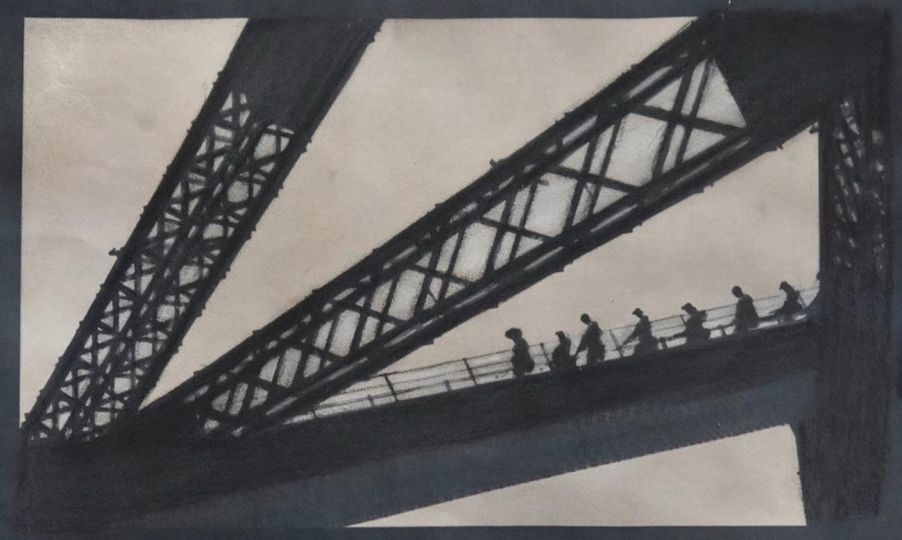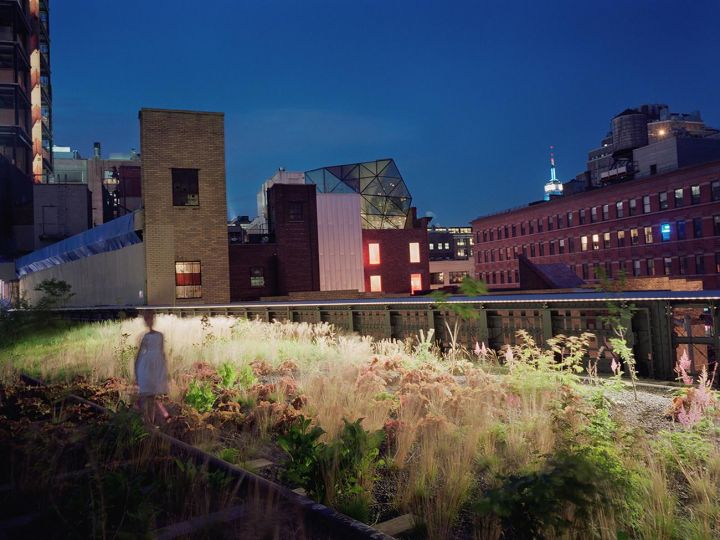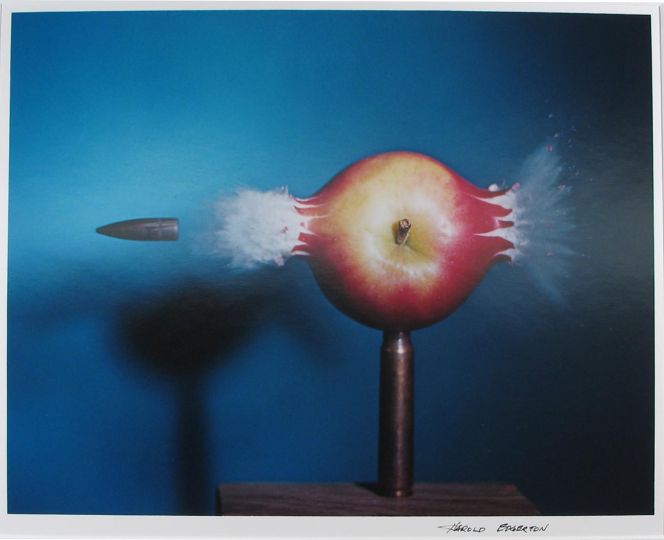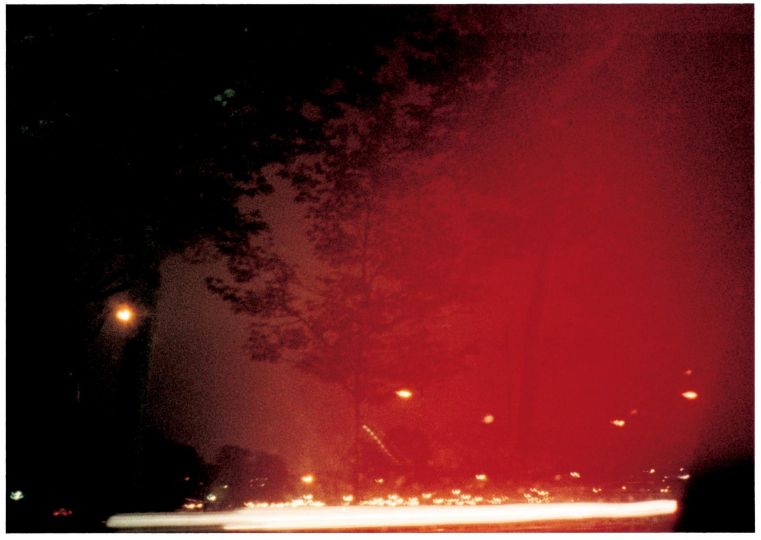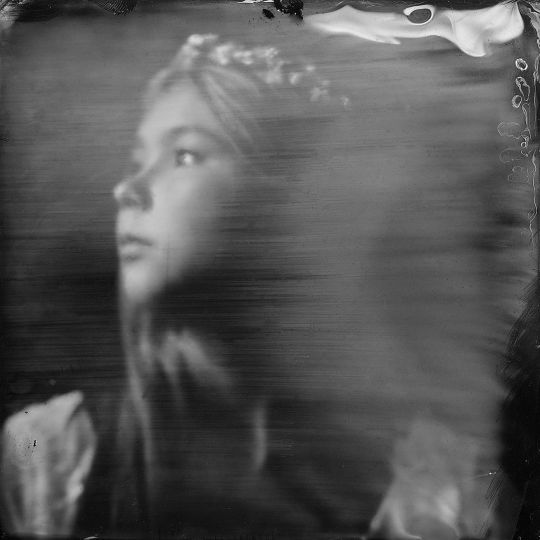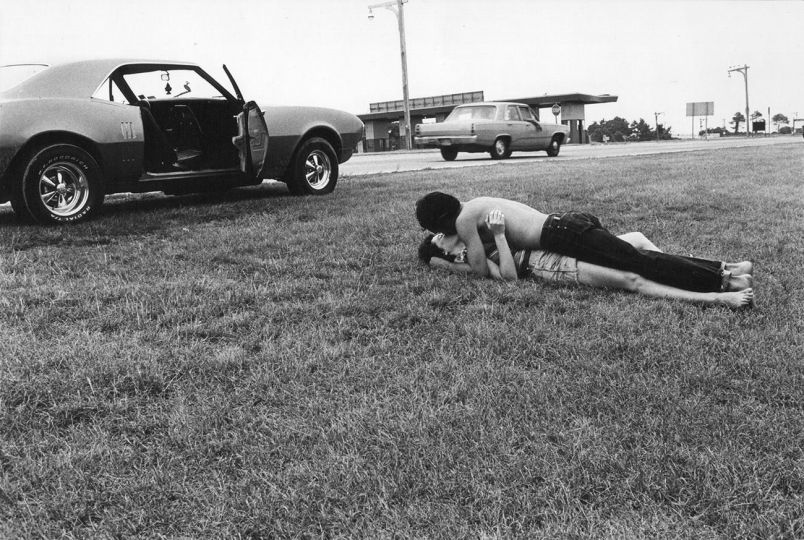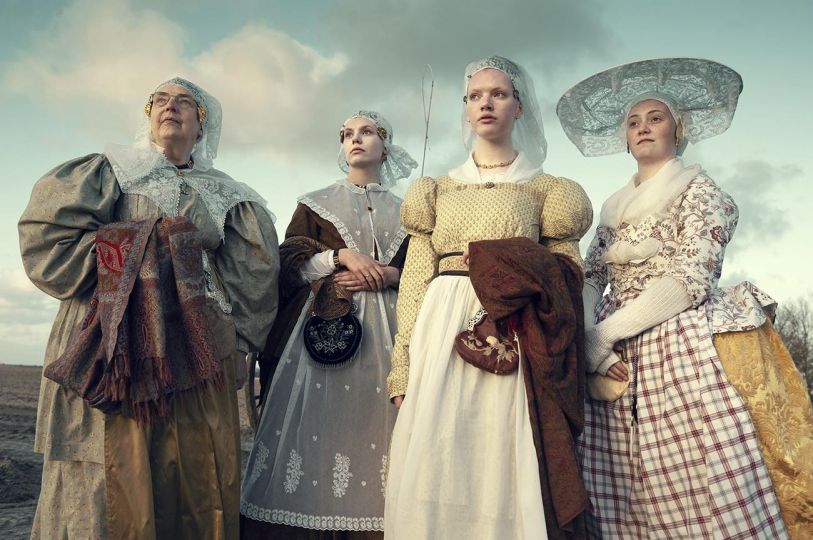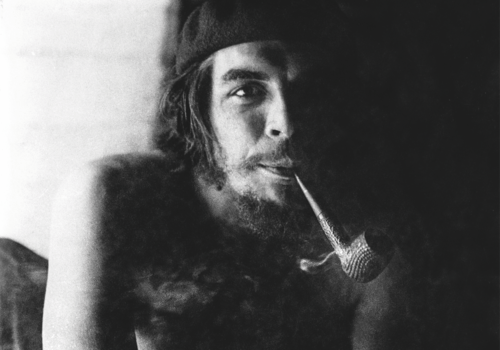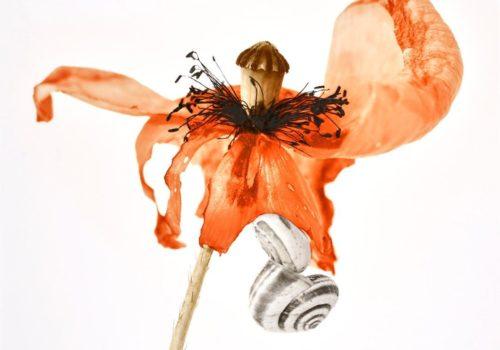In April 17, 1975, the Khmer Rouge soldiers entered Phnom Penh and, in three days, emptied the town then inhabited by a million and a half people. Apart from a few officials and dignitaries of the regime, the capital became a ghost town until the Vietnamese troops took control on January 17, 1979. They found a degraded city, without electricity, broken streets in which trees grew, and devastated buildings.
It was not until the mid-90s that the reconstruction restored the city to its former attractiveness , with this characteristic and fluid extension that gives low buildings since few are more than two floors high. Today, the city lives a profound and anarchic transformation, against a backdrop of real estate speculation and corruption, uncontrolled development, destruction of the architectural heritage – both colonial and that of the 70s, in concrete, remarkable -, in its edification of building towers and massive buildings. If it loses its stamp and its identity, if it avoids none of the pitfalls known to the major Asian cities with infernal traffic, Phnom Penh has the illusion of having reached, at an astonishing speed, “modernity”.
It is in this context that a rich artistic scene appeared, surprising in such a small country that does not have any artistic education worthy of the name and which is far removed from what is done elsewhere in the world. It is singular, innovative, marked by strong individualities impossible to relate to international trends and it appears all the stronger that it is not based on any local market. All these artists create by profound necessity and, if some begin to be recognized by expatriates and some internationally, it is above all a need for expression, to define oneself, to look for oneself and to face oneself, to the current situation of the country which is the basis of this expression.
Photography is one of the areas – with dance and cinema – the richest and most creative of this new Cambodian scene. Driven by the momentum of the Photo Phnom Penh festival, which is going to celebrate its 10th edition this year and which gave them access and allowed them to meet foreign photographers, young people began to express themselves strongly, to analyze the situation of their country, to criticize, try to understand better, to, also, look to the future. In very different styles, from documentary to conceptual, they are the proof of a deep, dense reconstruction affected over four generations by the problems of memory, history and identity. At a time when the country is confronting the increasingly massive presence of what they consider a Chinese “invasion”.
Christian Caujolle
40 years later. Photography in Cambodia today
La Filature, Scène nationale – Mulhouse
20 allée Nathan Katz, Mulhouse

